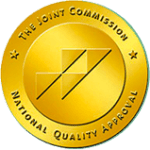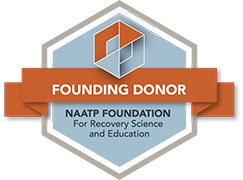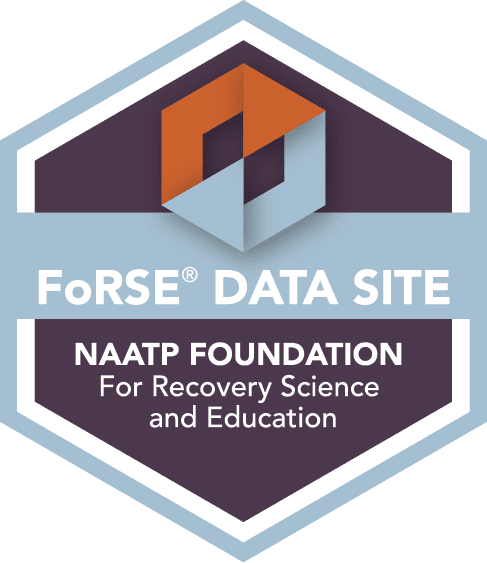Gratitude in Recovery
Being grateful in life, and in recovery specifically, is a gift in and of itself. Gratitude allows you to find beauty in everything you see and experience. Gratitude turns painful experiences into lessons that we can appreciate and apply directly to our healing progress. Being grateful helps us to see the good in everything. Having gratitude for ourselves opens our hearts to ourselves, allowing us to see the beauty in our own stories and appreciate our lives for what they are. When we are grateful, we feel a deeper sense of fulfillment and satisfaction with who we are and the lives we’ve lived. Having gratitude in recovery means remembering every day that we made the choice to live rather than to slowly kill ourselves. We’re grateful to have survived. We’re grateful to have lived through the depression, the feelings of failure, the hopelessness and fear. We’re thankful to be reunited with our family and friends. We’re grateful our loved ones stayed in our lives and gave us multiple chances. We’re grateful to ourselves for doing the work, for getting help, for putting ourselves first and shedding all of our layers of self- destructiveness. We’re grateful to everyone who has contributed to our journey, whether by helping us recover or through teaching us something we needed to learn.
Creating a gratitude practice is a wellness tool that can help us with our recovery from any addiction, mental health issue or emotional challenge. Having gratitude reprograms our subconscious minds to focus on the positive so that more of our conscious thoughts are of appreciation rather than complaints, optimism rather than cynicism, opening our hearts rather than closing them. Being grateful means we are energetically aligned with light, hope, faith, love. When we are grateful to ourselves we love ourselves. When we are grateful in life, we make a choice to love our lives. This doesn’t mean that we think everything is perfect. We still have important work to do. Recovery is a lifelong journey. Loving our lives doesn’t mean there isn’t anything we want to change or improve. We will still have habits we want to shed, patterns and cycles we want to discontinue, and a lot of healing work we still have to do. Gratitude is the practice that allows us to move through our journey with peace and joy.
Develop a gratitude practice that works for you can be extremely calming and soothing. List things you’re grateful for right as you’re waking up, and as your falling sleep. It can help ease the anxiety we often feel upon waking, when we’re hit with worries and plans about the upcoming day, and when we’re trying to go to sleep, when we’re replaying everything that went wrong today and feeling anxious about what’s to come tomorrow. Focusing our energy instead on what we’re grateful for helps us see the good in every day. Focusing on gratitude starts to reprogram our minds so that we see more things to be grateful for. We see what can go right instead of what could go wrong. We see the silver lining in every situation. We glean the lessons and the wisdom from every experience, no matter how difficult. The future is full of promise and possibility. We feel positive anticipation rather than dread. We find excitement in the uncertainty.
Starting giving more thought to everything you’re grateful for in your recovery. “I am grateful to be sober one week, or six months, or two years. I am grateful for my willpower. I’m grateful I made the decision to get sober. I’m grateful to be in recovery. I am grateful to everyone who has helped and supported me. I am grateful for everyone who has ever taught me a lesson or challenged me. I am grateful for every fear I’ve worked to transcend. I’m grateful for every day that I wake up to new opportunities and new blessings. I am grateful for my strength. I am grateful for my courage. I’m grateful I believe in myself. I’m grateful for my spirit. I’m grateful from my faith.”
When we’re used to being down on ourselves and insecure, our self-hate has permeated everything about us, our self-image, our belief systems, our behaviors. We’ve forgotten what gratitude feels like. We blame ourselves for our addictions and all the mistakes we’ve made. We struggle to forgive ourselves. The idea of feeling gratitude for ourselves seems impossible. The more work we do in our recovery, the more we see that self-love is a hugely important part of the recovery journey.
As you practice feeling grateful, you’ll likely start to feel more at peace. What once caused you anxiety and sadness will start to feel like lessons learned to be appreciated, even celebrated. Your gratitude for yourself becomes your self-love, and when you love yourself, healing becomes possible.
Established in 1939, High Watch is the world’s first 12-Step treatment center. Every individual who walks through our doors joins a definitive culture of compassion, dignity, and respect from a genuinely caring staff dedicated to seeing the disease of addiction find remission. Providing proven therapeutic approaches and comprehensive 12-Step education, patients leave High Watch with the confidence to maintain abstinence and live a healthy, happy, sober life. Start your journey today by calling 860.927.3772.








